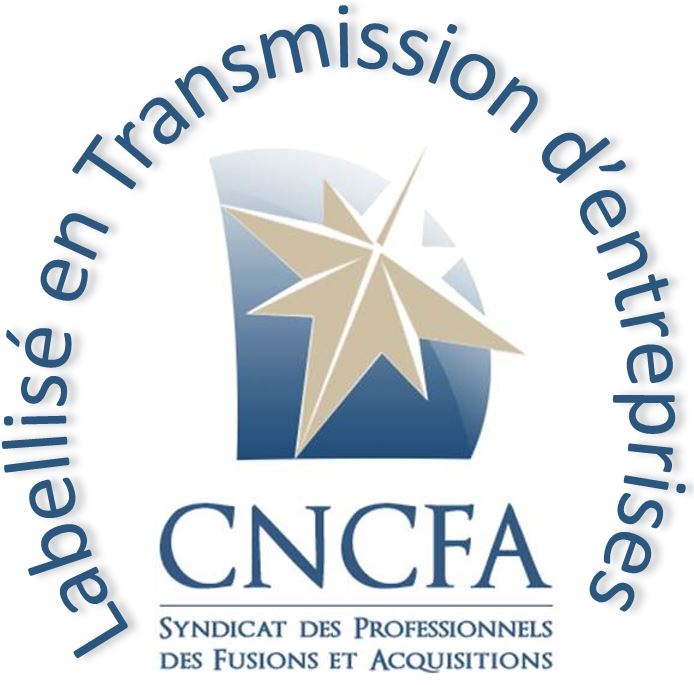In 2022, just as the global economy was recovering from Covid, the invasion of Ukraine shook investor confidence. The war caused supply chain problems and put greater pressure on energy prices, while inflation rose to levels not seen in a generation. M&A activity decreased, driven largely by a fall in larger deals.
To better understand what 2022 was like for those working in M&A, and to get an idea of what can be expected in 2023, we talked to M&A professionals who all agreed that mid-market transactions held up well despite the economic challenges. These M&A professionals expect that mid-market transactions will only continue to speed up in 2023. As M&A technology platforms make it easier to source the right deal.
‘Despite the challenges, we did well’
Covid demonstrated our reliance on technology, as M&A activity in the IT & Software development sector was not strongly impacted by inflation. Hervé Camus is founder and CEO of Atlantic Finance, an M&A firm based in Paris. “We specialize exclusively in IT,” says Camus, “and this means our business is not sensitive to inflation. Last year, our M&A activity remained robust.”
Wilbert van Gerwen, Partner at Rembrandt Mergers & Acquisitions, observes a more mixed M&A landscape. “We had an outstanding year and completed nearly 60 transactions,” he reports, “but we are seeing some sectors being hit harder by inflation than others, especially consumer goods companies.”
van Gerwen believes that the unstable outlook for consumer spending could lead to the postponement of M&A deals in this sector .
Brookz is the largest acquisition platform for SME’s in the Netherlands. Its founder, Peter Rikhof, also notes that 2022 was more successful than might have been expected. He says: “Despite inflation, higher interest rates and the war between Ukraine and Russia, it was still a good M&A year.”
Trends for 2023: ESG and cross-border activity
Sustainability is becoming an increasingly important consideration for investors, but M&A advisory firms lack the tools to include ESG as an investment criterion. “There is significantly more interest in ESG,” says Rikhof, “although so far, I don’t think it has had any concrete effect.”
Caspár Bijleveld, Director at Rembrandt Mergers & Acquisitions, agrees. “Investors know that ESG can boost long-term value,” he says, “but we have not yet seen ESG being structurally incorporated in the due diligence processes.”
Especially younger investors in the M&A mid-market are pressing for solutions to prioritize ESG .
Floyd Plettenberg, CEO of Dealsuite, knows ESG will become more integral to how investors evaluate potential M&A targets. “ESG is still hard to measure in a standardized way,” says Plettenberg. “To bring this forward, Dealsuite is talking to its client base to enhance its matching software based on relevant ESG criteria, keywords and variables.”
The trend driving Software acquisition activity is not sustainability, but a focus on cross-border expansion. The cash-rich sector is well-placed to make acquisitions across highly fragmented European markets. Camus of Atlantic Finance wants to capitalize on this trend in 2023. “We plan to expand our international M&A operations,” he says.
The outlook for 2023
Camus expects sustained activity in 2023, but with potential buyers that are more demanding and selective in their search for targets.
M&A platforms such as Dealsuite will allow for a faster and more structured selection of targets for strategic buyers who, Rikhof believes, will be important drivers of M&A activity in 2023. “Overall I see fewer transactions,” he says, “with lower prices, but still a high level of activity.”
The deal pipeline of Rembrandt Mergers & Acquisitions for 2023 is “nicely stocked”, says van Gerwen, highlighting the increasing appetite among young entrepreneurs to consider an early sale. “Sector-wise we expect traction in ‘new food trends’ as well as for businesses related to energy transition,” Caspár adds.
The uncertain economic outlook will encourage M&A activity, Plettenberg believes, as it drives business owners to lock in their wealth. “People looking to offload part of their shareholding is good news for M&A activity because it leads to two instead of one sales transaction: one at pre-exit and one at final-exit when the time comes.”
Another growth driver for 2023 is that more conservative investors are increasingly open to private equity as an asset class. “As a consequence, pension funds and high net-worth individuals are committing a larger proportion of their investments to PE funds than would have been the case previously,” says Plettenberg.
Private equity relies on the kind of informed and agile deal-making made possible by technologies such as the Dealsuite platform, which is making the huge and diverse mid-market segment much more visible to buyers.
“This transparency opens up M&A as an additional way to grow revenue for businesses that were up to now, mainly focused on organic growth,” says Plettenberg.
“This is why we are so optimistic about the prospects for mid-market M&A in 2023 and beyond.”
This article was produced with the cooperation of:
Caspár Bijleveld
Director

Wilbert van Gerwen
Partner

Hervé Camus
Founder and CEO

Peter Rikhof
Founder

Floyd Plettenberg
CEO







